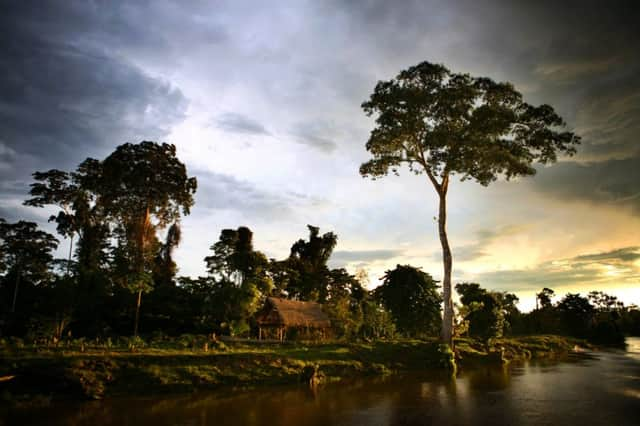Peru waters down environmental laws to boost mining


The law, aimed at increasing investment, strips Peru’s six-year-old environment ministry of jurisdiction over air, soil and water quality standards, as well as removing its ability to set limits for harmful substances. It also ends the ministry’s power to establish nature reserves exempt from mining and oil drilling.
The law, enacted on 11 July by president Ollanta Humala after limited debate in Congress, also further streamlines environmental reviews for new projects, and, for the next three years, halves the maximum fines for all but the most serious of environmental violations.
Advertisement
Hide AdAdvertisement
Hide AdAt the same time, it re-establishes tax breaks for big mining multinationals – which already enjoy benefits such as simultaneous, indefinite concessions for both exploration and exploitation, as long as they make nominal payments. In some states, more than half the territory is under concession – the nation has more than 300 major mines.
Jose de Echave, a former deputy environment minister, said: “As far as Latin America goes, we are the country backpedalling the most.”
Activists predict the changes will spark more clashes between police who protect mines and locals angered by the land contamination and diminished water supplies they blame on the open pit mining.
The new law stipulates that Peru’s environmental protection agency occupy itself for the next three years more with “preventative” than disciplinary actions.
Environmental minister Manuel Pulgar-Vidal surprised many with his decision to stay in the job despite the weakened powers. In December, he will host delegates from 194 nations for UN-sponsored climate talks, ahead of a meeting next year at which it is hoped a new global treaty will be signed.
Veronika Mendoza, a Cuzco congresswoman, called the law “an embarrassment” for a country with “a completely debilitated environment ministry” to be trying to lead efforts to draft a global emissions reduction pact.
Peru’s economy depends heavily on mining – it accounts for about 60 per cent of export income. Over the past decade, Peru has reaped the equivalent of about £22 billion in mining investment. Government officials say easing environmental regulations will spur investment.
Environmentalists have said it is lower global commodity prices that are hurting the economy, not overregulation, as some argue. Mr de Echave said: “I can’t think of a single example of a project that has been frozen by an excess of red tape.”
Advertisement
Hide AdAdvertisement
Hide AdThe UN’s top official in Peru wrote to the foreign minister last month objecting to the new law. She said: “A growth model spurred by investments respectful of the environment is the only viable possibility for sustainable development in a country like Peru, which is among the most vulnerable to the effects of climate change.”
Peru’s national ombudsman, Eduardo Vega Luna, wrote to Congress’ president to object, and more than 100 environmental and non-governmental groups including Oxfam and US green group the Sierra Club signed a letter to the president, in which they said the law would reward polluters.